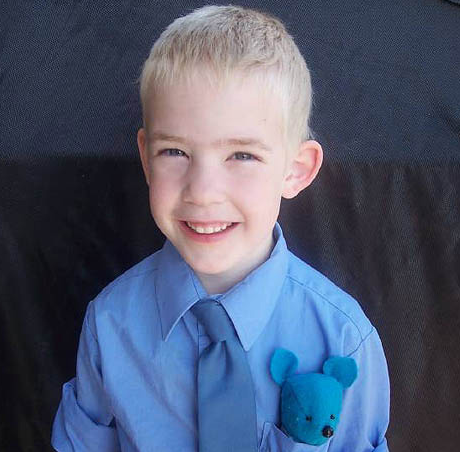We recently discovered the works of behavioral economist Dan Ariely. (Thank you, Amazon recommendations! And thank you for carrying our book, now in its umpteenth printing.) When we discovered that Jason of Hull Financial Planning is also a fan of Professor Ariely’s, we knew we were in the right place. You need to read Jason’s archives, in addition to Professor Ariely’s books. His 2008 big seller, Predictably Irrational, is an extremely readable compendium of experiments that show what odd things can happen to the supply and demand curves when they approach zero.
For instance, it’s an article of faith that money is a motivator, right? It seems so obvious that it’s hard to cite just one example, but you’re going to take the $85,000 job offer over the $80,000 one, ceteris paribus. Even anticipating the potential of getting more money is better than the alternative. A golf caddy is going to pay more attention to the oil tycoon who tosses out $100 bills than to the guy with the 2nd-hand TaylorMade Burner clubs who’s only playing today because he had a Groupon.
So how do you explain the following scenario:
Your car battery died. Fortunately, you keep jumper cables for just such an emergency. You flag down another driver. Which approach do you think will give better results?
- “Excuse me, Ma’am. Will you give me a boost?”
- “Excuse me, Ma’am. Here’s $3. Will you give me a boost?”
Why is she less inclined to help you if you offer her money? Obviously, because she thinks you’re cheap; and that were she to accept your offer, she’d be cheap. If she doesn’t think you’re cheap, then she at least thinks you’re amazingly uncultured and/or new to this society. Being part of such a demeaning exchange isn’t worth the $3 to most people.
However, the satisfaction of selflessly helping a stranded driver is worth more than $3. Go figure.
The book is full of interesting examples like that, assuming you found that one interesting. In another one, Ariely offers test subjects their choice of two chocolates: 1¢ Hershey’s kisses or 15¢ Lindt truffles, one per person. The truffles outsold the Hershey’s kisses almost 3 to 1. (We should mention that the professor was selling the truffles at a loss, half of what he paid for them.)
He then reduced the price of each chocolate by 1¢, which classical economics tells us shouldn’t make a difference to the relative amounts of each sold. Classical economics was dead wrong: a 14¢ truffle is no match for a 0¢ kiss, the latter “selling” almost twice as many units as the former. People may think they know a bargain – a fancy Swiss confection sold at 15 or 16¢ below cost – but they’d rather chase the psychological high of something for nothing.
But something “for nothing” is relative, and it’s easy to dismiss one’s time as “nothing” when in point of fact it’s plenty. Otherwise there wouldn’t be a corner of the Internet devoted to spending pennies (and hours) making one’s own household cleaning products instead of spending dollars (and minutes) buying them at a store.
Some of the other observations Ariely made, applicable to your own financial life:
- Throw a random number in front of people’s faces ($29.95) and you’ve anchored them. They’ll make their next financial decisions with that number drilled into their subconscious minds. By the way, you can buy our book for just $7, and the physical edition isn’t much more.
- Paying an employee a salary, rather than a wage, makes that employee feel like part of the family. The biweekly check is a comforting reminder that the employer cares about you, as contrasted with a hard calculation of one’s hours worked multiplied by a constant. As a result, the employer can thus “ask” the employee to “help out a little” after hours or on weekends – after all, that’s what family members do for each other, while mercenaries are interested only in getting paid. The obscured truth here is that from an employer’s perspective, nothing in the world is better than receiving free labor. (Therefore, from an employee’s perspective…)
- And gifts are stupid.
In short, if you know that people are going to make irrational decisions under certain circumstances, that’s an opportunity waiting to be exploited. Your fellow man is susceptible to anchoring, even arbitrary anchoring, as inane as that might sound. Getting paid by the hour marks your relationship with the person paying you as a fiscal one and nothing more. When offered a vacation to the Bahamas or the cash equivalent, take the cash.
The book also contains some disturbing passages about Ariely’s recuperation from a gruesome military training accident he suffered as a teenager. If you can make it through the part where he describes nurses washing his ¾-scabbed-over body, and having to choose between slowly and methodically removing his bandages every night or doing it quickly and with great shock, the rest of the book is more than worth your time.




